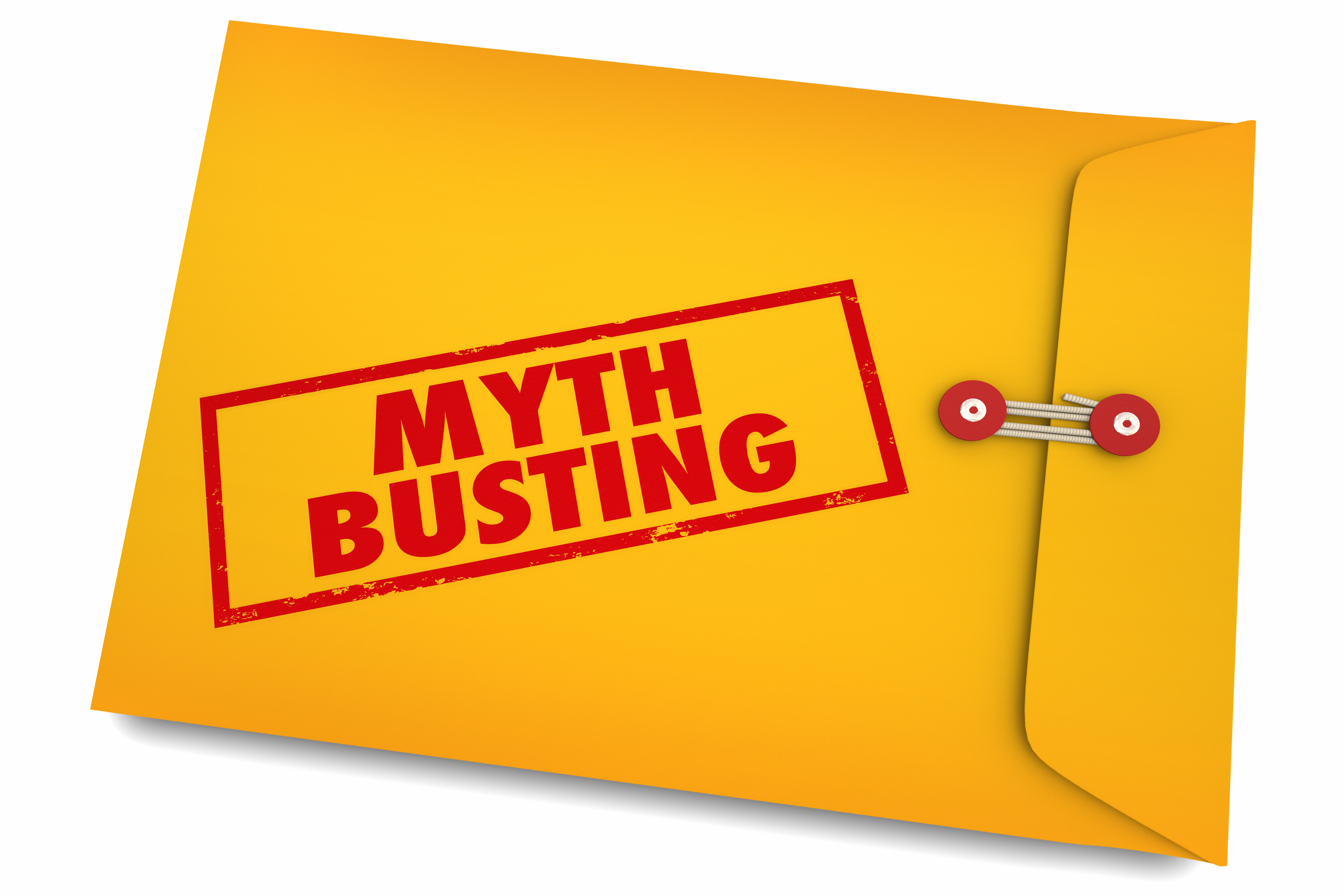
Today’s guest post was contributed by Claire Wentz, of Caring From Afar…
As we navigate the digital age, small businesses must seize the opportunities that technology presents to remain competitive and prosper. The internet, a dynamic and ever-changing platform, provides countless avenues for small businesses to broaden their customer base, increase operational efficiency, and enhance customer satisfaction.
Integrate Seamless Online Payment Processing
In the realm of digital commerce, the ability to process payments online is a crucial aspect that small businesses cannot afford to overlook. By integrating an efficient online payment system, businesses provide customers with a secure and comfortable platform to transact. This not only improves the overall customer experience but also simplifies the payment process, thereby relieving business owners of administrative burdens and freeing up valuable time to concentrate on other vital aspects of their operation.
Harness the Power of SEO Content
In today’s digitally-focused landscape, the significance of search engine optimization (SEO) cannot be overstated. By having expert craft content that is optimized for search engines, your website’s visibility can be greatly amplified, leading to a substantial uptick in organic traffic. You can also learn many key principles via online guides and tutorials and implement strategic practices yourself. This surge in visibility has a domino effect, potentially resulting in increased sales and a thriving business.
Keep Content in a Managed Hub
With website updates and social media marketing campaigns, staying on top of your content can quickly become a challenge. There are content management systems (CMS) you can put to work for you in organizing your material. Such a system is key in simplifying a business’ digital presence, as you can edit, schedule, and publish from one tool, rather than constantly juggling individual pieces of content. Look for an option that integrates seamlessly with your other web-focused tools.
Prioritize Mobile-Friendly Design
Considering the prevalent use of mobile devices to access the web today, it’s essential for small businesses to prioritize a mobile-friendly website. A website with a responsive design that seamlessly adjusts to different screen sizes greatly improves the user experience, which in turn can cultivate customer loyalty and potentially boost conversion rates. Furthermore, Google also factors in mobile-friendliness when ranking websites, meaning having a mobile-optimized site can significantly improve your search engine visibility, attracting more potential customers to your business.
Ensure Website Accessibility for All
It’s of utmost importance for small businesses to guarantee their websites are universally accessible, including catering to individuals with disabilities who may utilize assistive technologies for web navigation. An accessible website does more than just expand your potential customer pool; it aligns with legal requirements and demonstrates a dedication to inclusivity. It can enhance your brand’s reputation and credibility as a business that values all its customers, thereby fostering a more robust relationship with your audience.
Put Optimization to Work
Embracing web-based updates can transform the trajectory of small businesses. From facilitating online payment processing and crafting search engine optimized content to ensuring mobile compatibility and website accessibility, these updates can significantly elevate your online presence. Implementing effective email marketing campaigns and leveraging social media platforms can further enhance customer engagement and drive sales. Additionally, utilizing data analytics tools can provide valuable insights into customer behavior, helping to refine strategies and improve overall business performance.
Search engine optimized content is a must-have for success in today’s business world. Putting funds, time and energy into making your content more search-friendly offers a potential return on investment that makes it worthwhile. Stay abreast of technological advancements, remain relevant, and witness your small business flourish in the digital landscape.











Follow us online!